toward diversity
Black experiences at Muhlenberg College 1926-2021
The members of the Muhlenberg Memories Project team have long hoped to take a closer look into the early efforts at diversifying the Muhlenberg campus. Trexler Library’s archives, the Ciarla, and the Muhlenberg Weekly quietly provided evidence of a handful of students of color attending the College in the first half of the twentieth century, and a more publicized program, the Educational Opportunities Pilot Program (EOP), emerged in the late 1960s. We anticipated that there were many more stories to tell.
This MMP storytelling site began to take shape in Spring 2021 as an independent study with two students, Hailey Petrus ’23 (Business, Entrepreneurship, Africana Studies) and Samantha Brenner ’21 (Jewish Studies and English) in which they collected oral histories from students, alumni, and faculty. The project team continued to hone and expand the site over through Summer and Fall of 2021.
This is a paused—not a complete—work. There are more stories to tell and conclusions to be drawn from studying the history of diversity at Muhlenberg. At this point, we look forward to a wider collaboration with students across disciplines.

Muhlenberg College was founded in 1867 by the Lutheran Ministerium of Pennsylvania to train young men in preparation for attending the Lutheran Seminary in Philadelphia and for other professional futures. Its faculty, administrators, and student body overwhelmingly comprised young Lutheran men from eastern Pennsylvania for the first seventy-five years of its existence.
early admissions
The first known Black student to attend Muhlenberg was Clara I. Lane of Bethlehem in 1926, a teacher who took classes in the College’s Extension School, the only means by which a woman could attend Muhlenberg until coeducation was implemented in 1957.1 The archives do not appear to contain information about any discussions around the admission of Black students, either in the 1920s or in the following decades.
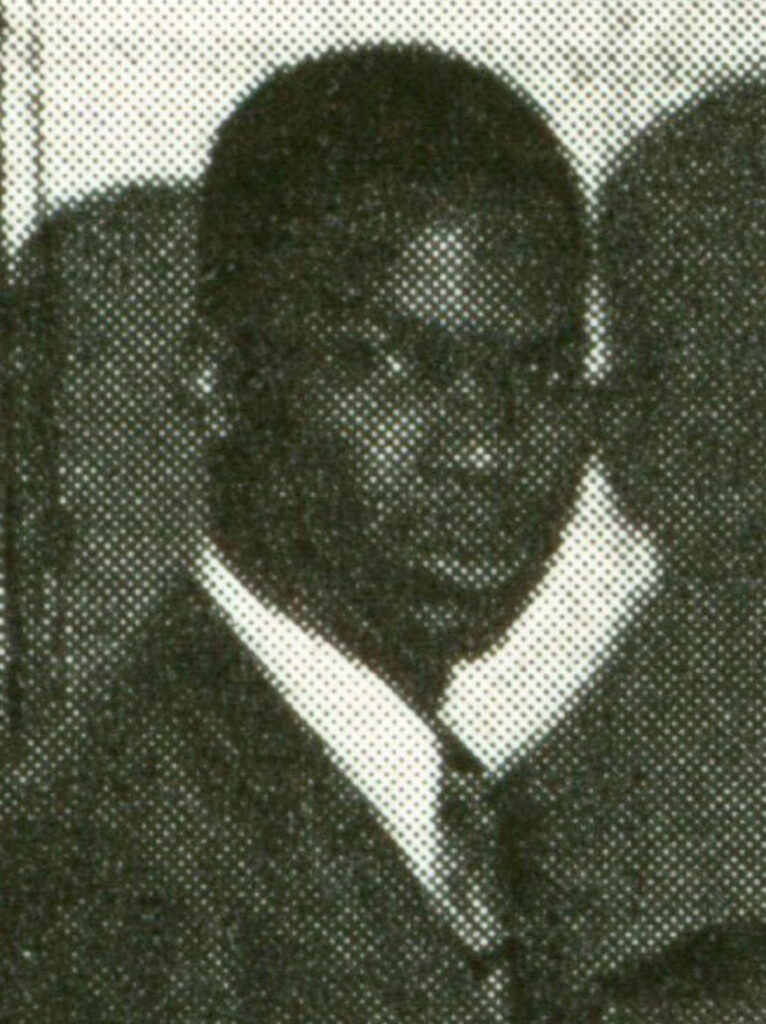
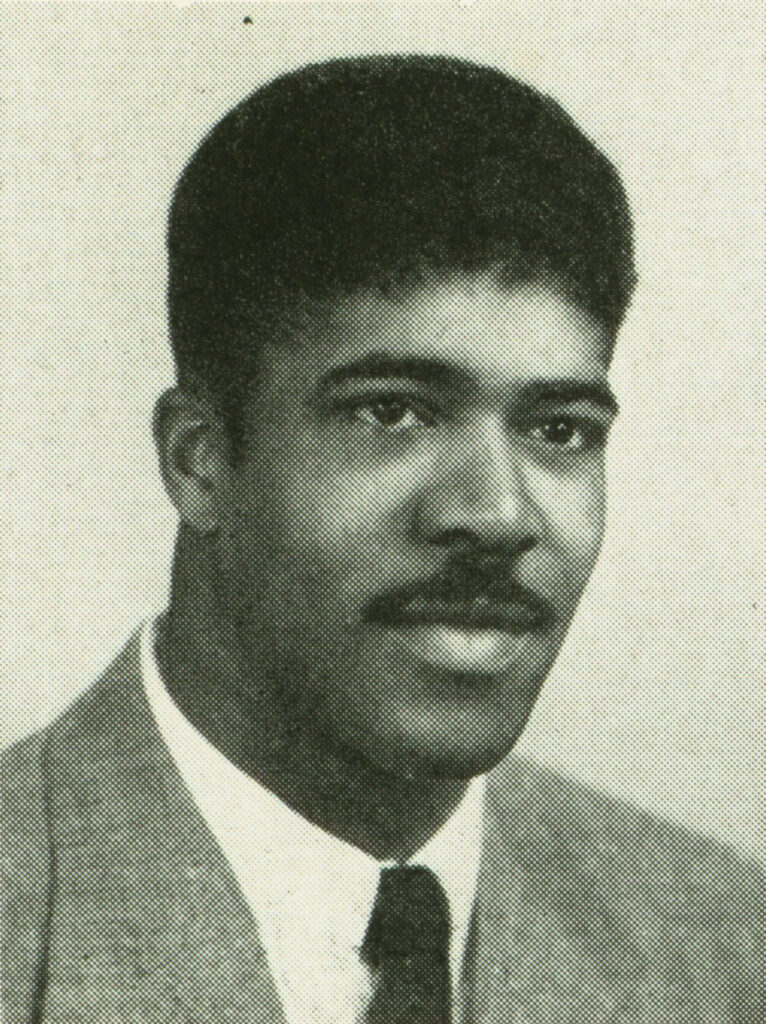
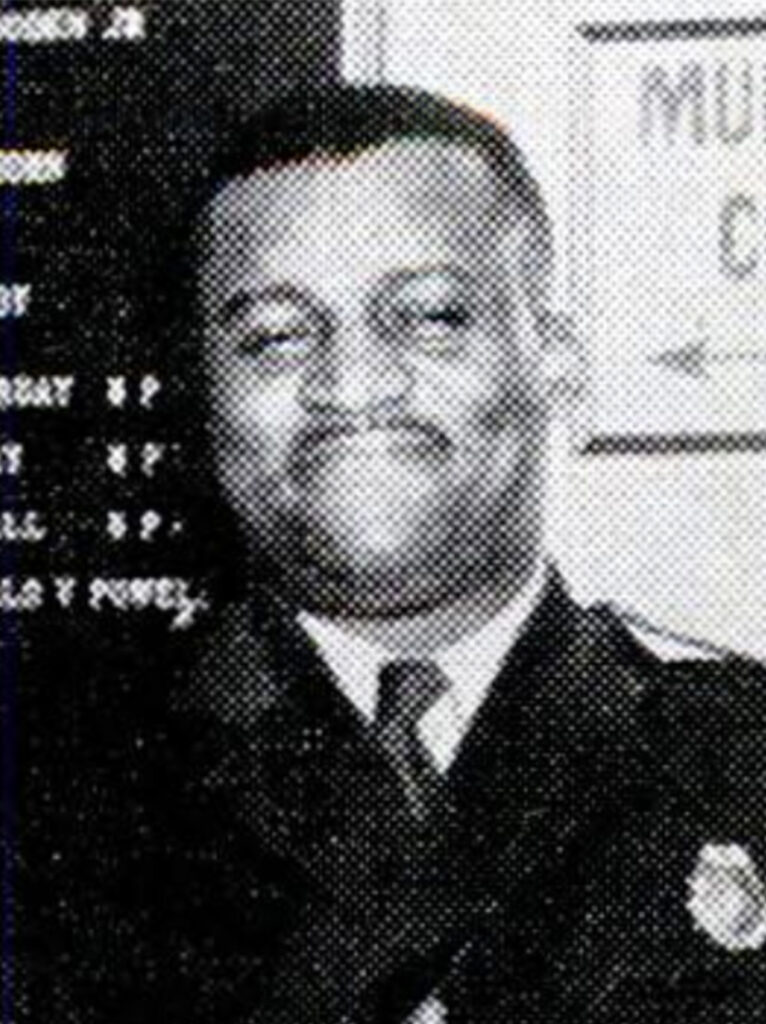
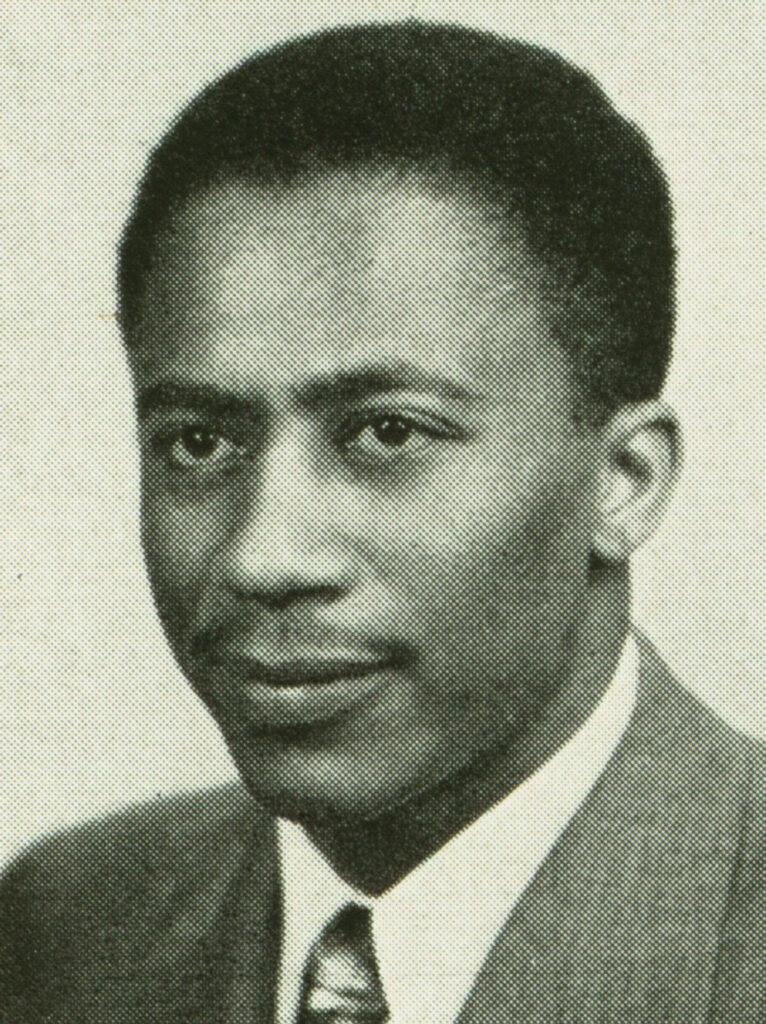
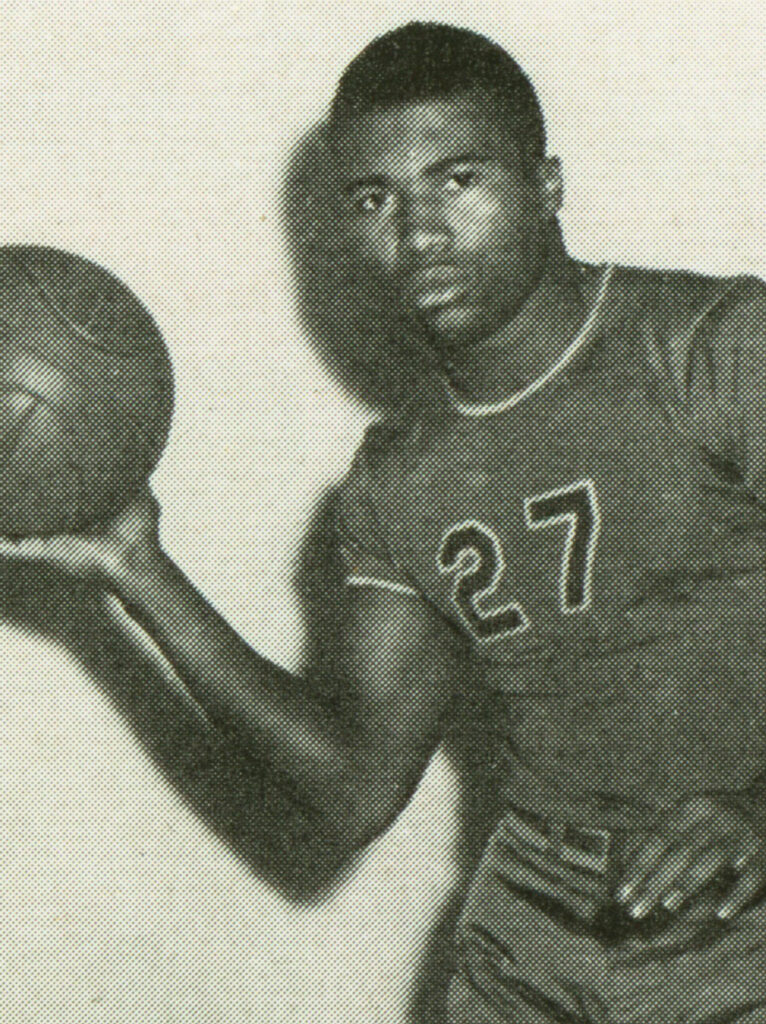
In the spring and fall semesters of 1947, five students set foot on Muhlenberg’s campus with little fanfare. The College was in the midst of record enrollment as it rode the post-WWII G.I. Bill boom; the Administration Building (now Ettinger), the heart and soul of the campus, had been severely damaged in a fire on the eve of commencement just months before; and the Board of Trustees was struggling with the Lutheran Ministerium over the issue of coeducation, which would be postponed for another ten years. More
the EOP
“When you were sort of an experiment, you always feel like the harsh light of…let’s say a spotlight is on you.”
shifting politics
“My experience at Muhlenberg was [that] the emphasis was solely on the “D”[diversity]. But there was no focus on cultivating soil, to make it rich and inclusive.”
small steps
“Black and white have been caught in a history we have made together.There ought to be a time and a place to study that history at Muhlenberg College.”
– Dr. Daniel Wilson, March 1986
heightened concerns
“Advice to students: you are the reason the institution exists, so don’t ask permission to do what you think needs to be done, to make the place a place that you can call home.“
evolving
we call on the college
In response to the nation’s catastrophic racist roots and recent virulent expressions of racial hatred and violence in 2020, particularly the murders of Breonna Taylor and George Floyd, President Harring responded with outrage and sadness and reaffirmed Muhlenberg’s fundamental values of diversity, equity and humanity. More
oral histories
We recognize and embrace the power of stories to transform, delight and educate. Since 2015, the Muhlenberg Memories Project team has worked with students and alumni gathering stories and researching multiple lines of inquiry to bring to light the forgotten or marginalized histories about Muhlenberg’s past. As part of this recent project, we sought to capture oral histories from Black alumni and their allies from the 1960s and 1970s, an era when the country was in turmoil brought about by the Vietnam war, the Civil Rights movement, and college student protests for equity and inclusion. View the oral histories
moving forward
“The History of Diversity and Inclusion at Muhlenberg” began in Spring 2021 as a student-centered independent course, drawn from the perspectives of archival research, documentary field work–including oral history–and digital media content production. Our focus was to begin navigating the College’s archives, capture oral histories, and render digital narratives about Muhlenberg’s efforts at expanding the diversity of the campus. Rather than the previous majority-white authorships of college history, we developed this site with the intention of building an ongoing, inclusive, compelling site that makes clear the struggle for racial inclusion, diversity, and equity at Muhlenberg. To that end, we open an invitation to students and faculty of color and allies to leave your imprimatur on uncovering more of this history. More
Get Involved
The Muhlenberg Memories Project (MMP) is offering opportunities for interested, qualified students to undertake a semester-long Independent Study project to help add to the narratives of the history of diversity at Muhlenberg College.
This Independent Study offers interested students the opportunity to research an aspect of the history of diversity at Muhlenberg College and to earn one general education credit. This credit will be rostered with Media and Communication, but each student’s participation will include a discussion of how the credit might best serve their academic plans (for example, this credit might be applied toward the Africana Studies or Women’s and Gender Studies minors, etc.).
Read More
If you would like to get in touch with the team behind this project feel free to contact us using our Contact Page

